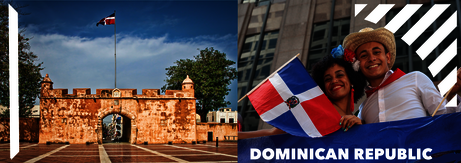Summary of operations
Road Infrastructure: Financing for 148 kilometers of highways.
Energy: Financing for the generation of 80 megawatts of clean renewable energy.
Agro Sector: US$ 60 million for the strengthening of the agricultural sector with a sustainable technological approach.
A 228% increase in the amount estimated in the 2021-2026 country strategy, reaching US$ 1.8 billion. In the previous five-year period the disbursement amounted US$ 533.9 million.
PROJECTS
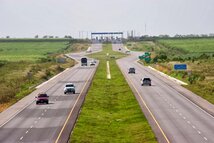
Coral Highway Project
It consisted of the construction of a 70-kilometer-long, 4-lane highway, for which financing of US$70.0 million was allocated.
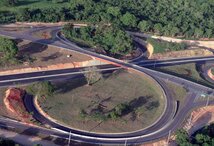
Improvement and Expansion of the Eastern Road Corridor for road sections
San Pedro de Macorís-La Romana Section, La Romana Beltway Section and Eastern Tourist Boulevard Section, totaling 78 kilometers in length and representing the best road infrastructure in the country.
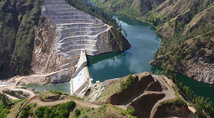
Palomino Hydroelectric Project
With a clean and renewable energy generation capacity of 80 megawatts, it is located in the Province of San Juan. For its execution, the Bank allocated financing for a total amount of US$ 130.0 million
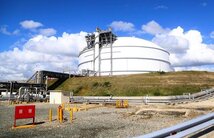
Construction of a 50-kilometer gas pipeline in San Pedro de Macorís
Loan in favor of AES Dominicana for a total amount of US$54.00 million.
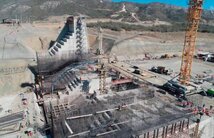
Montegrande Multipurpose Dam Project Phase III
With current financing of US$249.6 million
CABEI Directors for Costa Rica, Dominican Republic and Panama join efforts to promote the Escazú Agreement
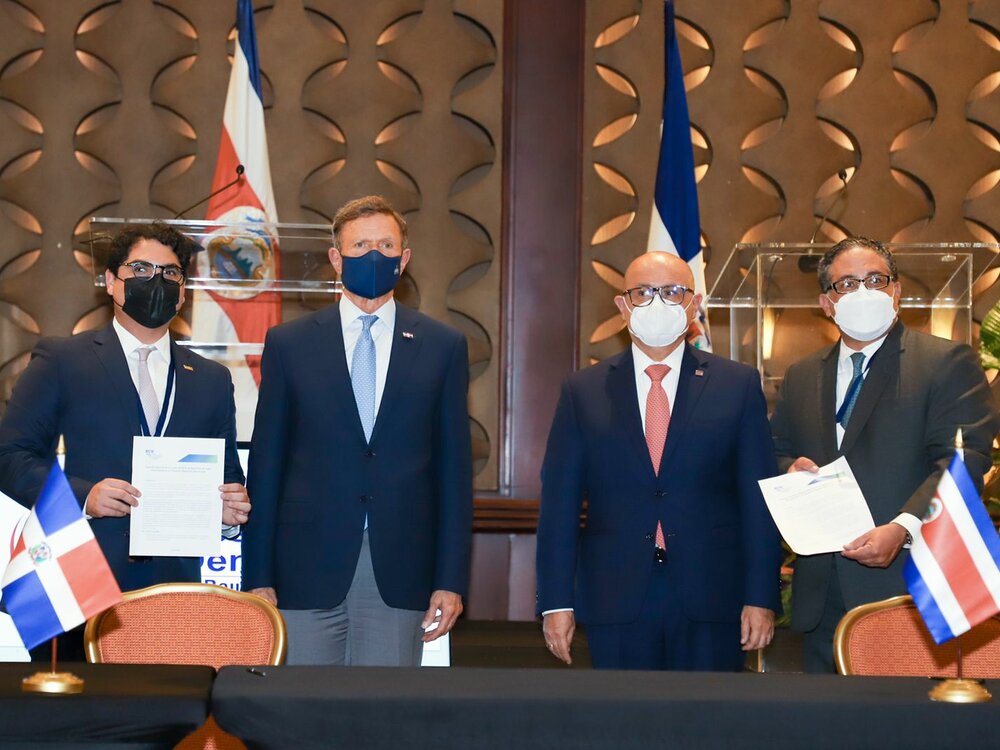
The promotion of the Agreement on Access to Information, Public Participation and Access to Justice on Environmental Matters in Latin America and the Caribbean is also supported by CEPAL.
San Jose, March 23rd, 2022.- Within the framework of the IV Summit of the Alliance for Development in Democracy formed by Costa Rica, Panama and the Dominican Republic, held on Monday to define lines of action on issues related to finance, foreign trade and multilateral support, the directors of the three countries before the Central American Bank for Economic Integration (CABEI) took the opportunity to sign a commitment to promote the Agreement on Access to Information, Public Participation and Access to Justice on Environmental Matters in Latin America and the Caribbean.
Earlier this month, the initiative was also supported by the Economic Commission for Latin America and the Caribbean (CEPAL for its Spanish acronym), with which CABEI signed a memorandum of understanding to promote the international treaty known as the Escazú Agreement.
In this regard, the government representatives to the multilateral organization committed to jointly survey priorities together with CEPAL to support access to information, citizen participation and access to justice on environmental issues; promote the advancement and promotion of the Escazú Agreement objectives.
The Agreement on Access to Information, Public Participation and Access to Justice on Environmental Matters in Latin America and the Caribbean was adopted by 24 countries in March 2018 with the aim of achieving transformative recovery with equality, while considering climate change.

